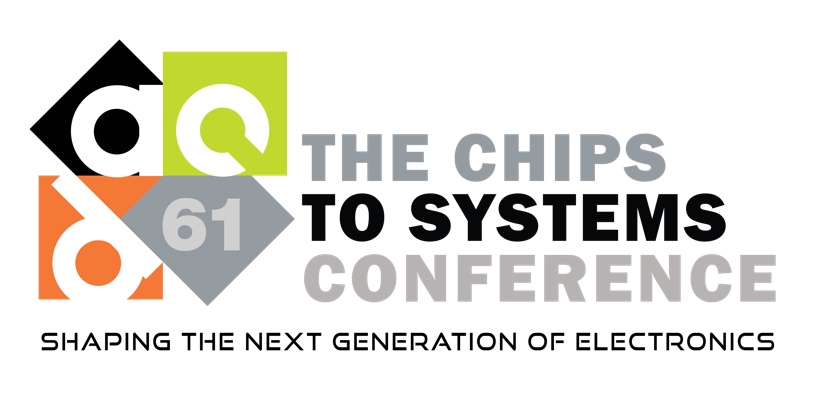Presentation
Data-driven HLS optimization for reconfigurable accelerators
DescriptionHigh-Level Synthesis (HLS) has played a pivotal role in making FPGAs accessible to a broader audience by facilitating high-level device programming and rapid microarchitecture customization through the use of directives. However, manually selecting the right directives can be a formidable challenge for programmers lacking a hardware background.This paper introduces an ultra-fast, knowledge-based HLS design optimization method that automatically extracts and applies the most promising directive configurations to the original source code. This optimization approach is entirely data-driven, offering a generalized HLS tuning solution without reliance on Quality of Result (QoR) models or meta-heuristics. We design, implement, and evaluate our methodology using over 100 applications sourced from well-established benchmark suites and GitHub repositories, all running on a Xilinx ZCU104 FPGA.
The results are promising, including an average geometric mean speedup of $\times$1.35 and $\times$7.2 compared to over-provisioning and designer-optimized designs, respectively. Additionally, it demonstrates a high design feasibility score and maintains an average inference latency of 38ms. Comparative analysis with traditional genetic algorithm-based Design Space Exploration (DSE) methods and State-of-the-Art (SoA) approaches reveals that it produces designs of similar quality but at speeds 2-3 orders of magnitude faster. This suggests that it is a highly promising solution for ultra-fast and automated HLS optimization.
The results are promising, including an average geometric mean speedup of $\times$1.35 and $\times$7.2 compared to over-provisioning and designer-optimized designs, respectively. Additionally, it demonstrates a high design feasibility score and maintains an average inference latency of 38ms. Comparative analysis with traditional genetic algorithm-based Design Space Exploration (DSE) methods and State-of-the-Art (SoA) approaches reveals that it produces designs of similar quality but at speeds 2-3 orders of magnitude faster. This suggests that it is a highly promising solution for ultra-fast and automated HLS optimization.
Event Type
Research Manuscript
TimeTuesday, June 254:00pm - 4:15pm PDT
Location3012, 3rd Floor
Design
SoC, Heterogeneous, and Reconfigurable Architectures


